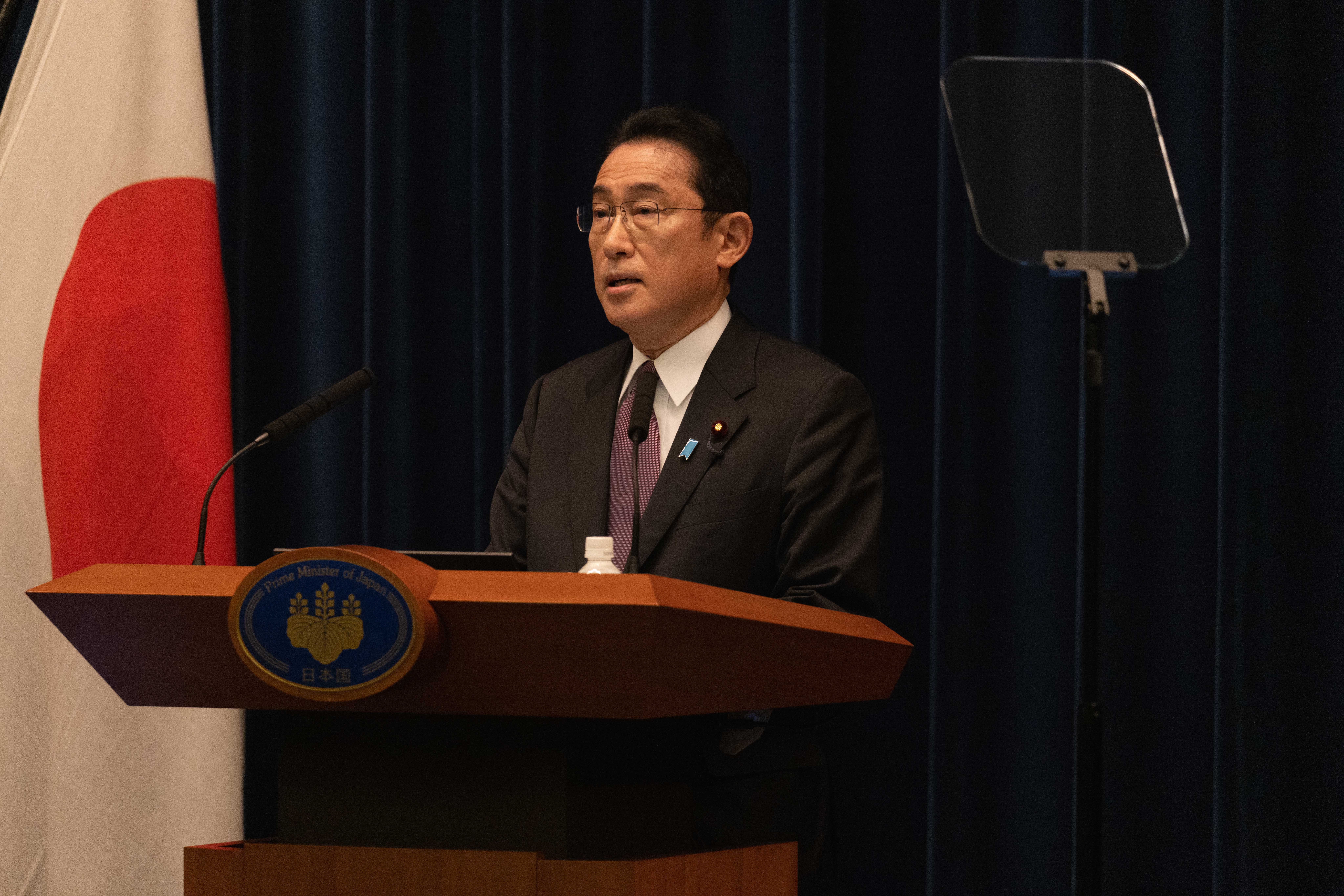Japan demands companies top up LNG to stave off supply shortages

Japan has demanded domestic power companies top up liquefied natural gas (LNG) reserves and share energy resources, as the country scrambles to secure supplies as it ramps up sanctions on Russia.
Prime Minister Fumio Kishida teamed up with the West to ban Russian coal imports last week, following the country’s invasion of Ukraine and reports of potential war crimes, including the execution of civilians in Bocha.
However, Japan is highly dependent on imports for its coal, gas, and oil needs – and the government has now directed utilities to ensure they have three weeks of reserves.
It has also urged gas and electricity companies to sell each other spare gas rather than offer it overseas, according to news agency Reuters.
This follows European countries such as Austria and Germany triggering the early phases of emergency gas supply measures.
Rouble requirements place Japan on high alert
Earlier this month, Russian President Vladimir Putin signed into law requirements for overseas buyers to pay for gas supplies in roubles.
Countries and energy companies will be required to open accounts at Gazprombank, which will convert currencies into roubles prior to making transactions.
The measure is seen as both retaliation to Western sanctions, and a method of boosting the value of the rouble while protecting Gazprombank from sanctions.
While Russian LNG only accounts for three per cent of Japan’s electricity production and nine per cent of overall consumption – the spiralling energy crisis has placed the government on high alert.
The country’s generating capacity has been stretched for years, since the announced phase down of nuclear power plants following the 2011 Fukushima disaster.
An earthquake last month, which temporarily knocked out some power plants, prompted warnings of blackouts.
Unlike European countries that can store months of LNG reserves underground, Japan only has enough storage space to keep three weeks’ worth of the super-chilled fuel.
Kishida faces an election this summer, and has sought to strike a balance between joining allies in sanctioning Russia and ensuring the country’s energy security.
For instance, Japan has maintained its commitment to Russian LNG and will not abandon its stake in the Sakhalin-2 project.
The Prime Minister has consistently argued the development is essential to the country’s energy security.
Japanese oil trader Mitsui & Co and Mitsubishi Corp own stakes of 12.5 per cent and 10 per cent respectively in the Sakhalin 2 development – which Shell announced plans to exit earlier this month.
Separately, Japan and Russia have been at loggerheads recently over the status of Kuril Islands – with both countries continuing to lay claims to the land.